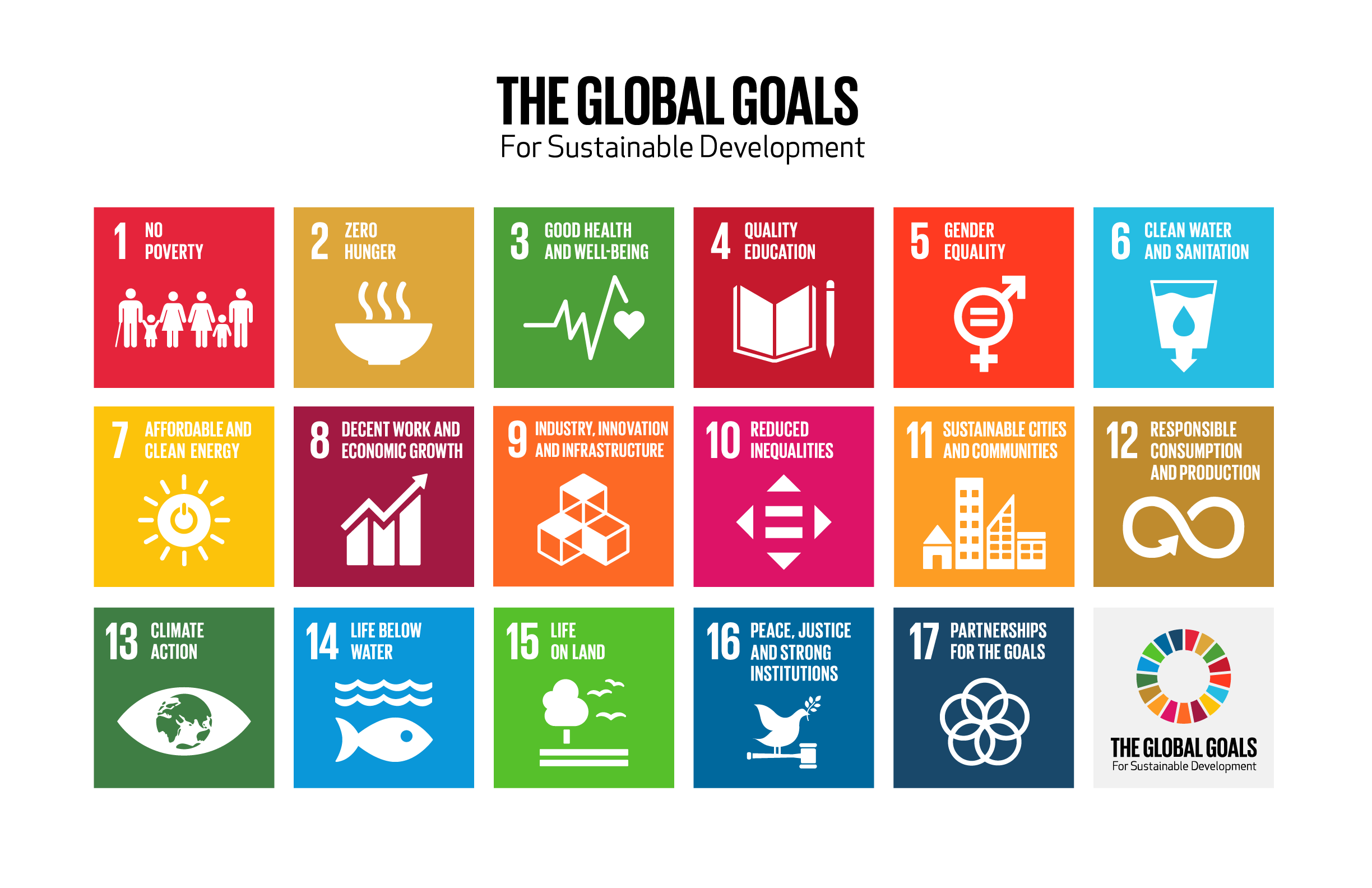
Global Learners
In 2015, leaders from all 193 countries of the United Nations made the most ambitious plan that has ever been agreed. We believe that by teaching kids about the Global Goals, you can show them that a better world is possible.
Why do the Global Goals Matter?
The climate crisis, gender inequality and poverty are not things we wish for our children and the younger generations. This is why working together to achieve the Global Goals is vital for the future of the population. Take a look at some of these shocking statistics that highlight the importance of action.
-
In 2021, it was estimated that 698 million people were living in extreme poverty worldwide, with most of these people going to bed on an empty stomach every night.
-
Around 1.3 billion tonnes of food is wasted every year.
-
129.2 million girls are not in education worldwide. That’s higher than the statistics of boys.
-
Due to global warming, the temperature is set to rise by 5 degrees celsius compared to pre-industrial levels by the end of the decade. Currently, we’re at a 1.5 degree increase and the goal is to keep it below this level.
-
Natural disasters caused in part by the climate crisis have displaced almost 7 million people from their homes.
-
Only 1 in 8 adults with mental health issues are currently getting treatment.
-
1 in 10 people on the planet still do not have access to clean water close to home.
Even little changes in the home such as recycling, meal planning to avoid food waste and education on equality and diversity can make a real difference if they’re implemented worldwide.
We want our children to believe they can by ‘Growing Together: Living Life to its Fullest; Making a Difference Along the Way‘. By connecting our assemblies and learning to activities that help our children contribute to the Global Goals, their experience helps build this belief in themselves. They can see that their actions are valued and matter and this supports us to achieve our school vision as well as achieve the aims set out in the National Curriculum:
“The curriculum itself cannot remain static. It must be responsive to changes in society and the economy. Teachers, have to reappraise their teaching in response to the changing needs of their pupils and the impact of economic, social and cultural change.”

